What are non-SPP colleges in Canada? Study abroad aspirants often come across this question. Here we have discussed complete details about non SPP colleges in Canada, including application procedure, documents required, and more.
Table of Contents
- List of Top Non SPP Colleges in Canada
- What are Non-SPP Colleges?
- Steps to Apply for Non-SPP Colleges in Canada
- Difference Between SPP and Non SPP Colleges
- Cost of Studying at Non-SPP Colleges Canadian Colleges
- Documents Checklist for Visa Application for Non-SPP Colleges in Canada
- Work Permit for Non-SPP Colleges Canadian Colleges
Canada hosts top-tier educational institutions that offer high-quality education and world-class facilities. Students can choose to attend either SPP colleges or non SPP colleges in Canada. However, the former has now been replaced by the student direct stream (SDS) program. Moreover, the admission process for non-SPP Canadian colleges is more rigorous as they require more documentation than SPP colleges.
In this article, we have provided a list of non SPP colleges in Canada. In addition, students will get complete details about the colleges’ application process, tuition fees, admission requirements, and more.
List of Top Non SPP Colleges in Canada
Canadian colleges are known for offering innovative study programs and excellent placements to students. Listed below are the top non SPP colleges in Canada:
- Cape Breton University
- Fairleigh Dickinson University
- Brock University
- McMaster University
- University Of Northern British Columbia
- Thompson Rivers University
- Cambrian College
- Memorial University Of Newfoundland
Cape Breton University
Based in Nova Scotia, Cape Breton University (CBU) is among the top colleges under non SPP in Canada. It offers a diverse range of bachelor’s and master’s courses for students all over the world. Indian students need to spend around 39.48 lakhs per year to attend the university. Here are the major admissions requirements to apply for Cape Breton University:
- At least 65% marks in 12th for UG programs
- At least 70% marks in bachelor’s degree for PG programs
- English proficiency scores (IELTS: 6.5, TOEFL: 80)
- Statement of purpose
- Reference letters
- Resume/CV (for PG courses)
- Work experience proof (if applicable)
Read More: Cape Breton University
Fairleigh Dickinson University
Next on our list of non SPP colleges in Canada is Fairleigh Dickinson University (FDU). Located in Vancouver, FDU serves nearly 12,000 graduates and undergraduates, including over 1,000 international students. It charges an annual fee of $39,686 for undergraduate courses. At the same time, the cost of pursuing graduate courses at FDU comes up to be $27,174 per year. FDU requires students to fulfill the requirements given below:
- Academic transcripts (with certified/notarized English translations)
- AP, IB, and/or GCSE scores (if available)
- English proficiency scores (IELTS: 6.0, TOEFL: 70)
- 2 Letters of recommendation
- Statement of purpose
- A copy of the passport
- Bank statement
Read More: Fairleigh Dickinson University
Brock University
Brock University is situated in Ontario and is among the top public research universities in Canada. With around 70 undergraduate programs and 50 postgraduate programs, the university provides an array of course choices to students. Undergraduate students are required to pay an annual tuition fee of around $18,717 to study at Brock University. Let us now take a look at its admission requirements:
- Official Transcripts (GPA of 2.8)
- Statement of Purpose
- Letter of recommendation
- Copy of passport
- English language proficiency proof (IELTS: 6.5, TOEFL iBT: 88)
- Financial documents
- GRE/GMAT scores for PG courses
- Resume/CV
Read More: Brock University
McMaster University
One of the top-ranking Canadian universities, McMaster University is an ideal option for students looking to attend non SPP colleges in Canada. The university accepts applications in 2 intakes: fall and winter. Moreover, the cost of studying at McMaster for an Indian student is about 25.98 lakhs per year. One must comply with the following requirements to secure admission at McMaster University:
- Academic Transcripts
- Statement of Purpose
- Resume/CV
- Supplementary Applications
- Standardized test scores (SAT: 1200, ACT: 27)
- Proof of English Proficiency (IELTS: 6.5, TOEFL iBT: 86)
Read More: McMaster University
University Of Northern British Columbia
University of Northern British Columbia (UNBC) is a small, research-intensive university, recognized as Canada’s Green University. International students can apply for UNBC admission in more than 60 undergraduate degrees and also a wide range of graduate programs. International students make up to 11% of the total student body, making it a culturally diverse university. Here are the admissions requirements of UNBC:
- A minimum of two advanced (A) level subjects and
- 3 ordinary (O) level subjects must be completed with an overall grade point average of C or higher
- A level subjects presented for admission must have a grade of at least C
- Students may substitute two advanced subsidiary level (AS) subjects from one A level subject.
Read More: University Of Northern British Columbia
Thompson Rivers University
Thompson Rivers University is a public university in British Columbia, Canada. Thompson Rivers offers 140+ programs on campus to around 36,000 students out of which 1800+ International Students from 85+ countries.
Programs for international students are mostly available on TRU's main campus in Kamloops. Thompson Rivers University accepts applications for admission in January, May, and September and these are its admission requirements:
- The General Education Diploma (GED)
- Mature students consist of Applicants of at least 19 years of age without graduation.
- English language requirements
- Additional Coursework: University preparation courses ( campus or distance ).
- Assessment: TRU Accuplacer, Language proficiency index
Read More: Thompson Rivers University
Cambrian College
Cambrian College is an applied arts and technology college in Greater Sudbury, Ontario, Canada. It is the largest college in northern Ontario, Canada housing more than 11,000 students. With over 4100 students in 80 full-time programs, and over 7000 students in almost 900 part-time courses. Students can enroll across three campuses of Cambrian College in Sudbury, Espanola, and Little Current / Manitoulin Island. Here are its admission requirements:
- Copy of Acceptance Letter
- Proof of payment of first-year tuition fee
- Proof of Guaranteed Investment Certificate(GIC) for 10,000 CAD
- Medical Exam
- English language proficiency test scores
Read More: Cambrian College
Memorial University Of Newfoundland
Memorial University of Newfoundland is one of Canada's top teaching and research universities, ranking within the top 3% in the world. Memorial University Campus is one of the largest educational institutions in eastern Canada, with over 19,000 students from over 115+countries enrolled. It is one of the finest non SPP colleges in Canada and here are its eligibility criteria:
- Official class 12 transcripts
- English proficiency score
- Bank statements
- Affidavit of financial support form
- Other program-specific requirements
Read More: Memorial University Of Newfoundland
What are Non-SPP Colleges?
Non-SPP colleges stand for the non-student partnership program. These colleges don't fall under the student partnership program administered by the Citizenship and Immigration Canada (CIC) and the Association of Canadian Community Colleges (ACCC). These academic institutions' follow exhaustive and comprehensive admission and application process. Moreover, these colleges require more documentation in comparison to SPP colleges for visa procedures.
Steps to Apply for Non-SPP Colleges in Canada
Follow the application procedure to apply to non-SPP colleges in Canada: -
- First of all, choose the Non-SPP college as well as the program.
- Next, applicants need to fill out the application form, scan and upload the required documents, and at the end, after checking all the filled information, submit the form.
- For the final step, pay the university's application fee as specified by the chosen university and wait for the revert from the university's end.
Difference Between SPP and Non SPP Colleges
The table below summarizes the differences between SPP and Non SPP colleges in Canada:
|
Non-SPP Colleges |
SPP Colleges |
|
Its full form is Non-Student partnership program |
SPP means student partnership program |
|
Not a link partnership between Citizenship and Immigration Canada and the Association of Canadian Community Colleges. |
A link partnership between the Citizenship and Immigration Canada and the Association of Canadian Community Colleges. |
|
The number of documents required for visa procedures is high than in SPP colleges. |
It requires less documentation for visa procedures. Hence, it has hassle-free admission process. |
Cost of Studying at Non-SPP Colleges Canadian Colleges
Students can expect to pay around C$20,000 and C$30,000 annually as tuition fees in non SPP colleges. Besides study costs, there are living expenses that students need to bear. Let us look at the breakdown of these expenses:
|
Expenses |
Cost (in USD) |
|
Off-Campus Accommodation |
600-905 (INR 47,832-72,147) |
|
Food and Beverage |
151-230 (INR 12,037-18,335) |
|
Educational Supplies |
300 (INR 23,916) |
|
Recreation |
60 (INR 4,783) |
|
Personal & Miscellaneous |
4,000 (INR 3,18,882) |
|
Utilities |
200-330 (INR 15,994) |
|
Internet and Mobile |
130 (INR 10,363) |
Documents Checklist for Visa Application for Non-SPP Colleges in Canada
Find the documents checklist for visa application to study at non SPP colleges in Canada:
- Firstly, the Letter of acceptance provides by the respective college.
- IELTS Score sheet with a minimum 6.0 band.
- With a minimum of 50% aggregate marks, a bachelor's degree is required from a recognised university.
- The school mark sheet of class 12th is mandatory from a recognized board of education.
- Proof of earlier work experience with payslips (if any)
- College fee transcripts are also required.
- Proof of funds or endowment holding up family background, annual family income, and bank account details is also necessary.
- The necessity of medical tests approved by a recognised hospital or doctor.
- In the end, a Visa fee of $150 is also required.
Work Permit for Non-SPP Colleges Canadian Colleges
For Non-SPP colleges in Canada, the work permit norms for overseas students remain the same. The maximum duration of work VISA depends upon the time of the course studied by the student in the country. Here are a few conditions to be kept in mind by international students:
- Firstly, one must apply within 90 days of course completion.
- Registration in a full-time course in Canada is compulsory.
- The duration of the program should be more than eight months.
- The applicant must hold a study permit.


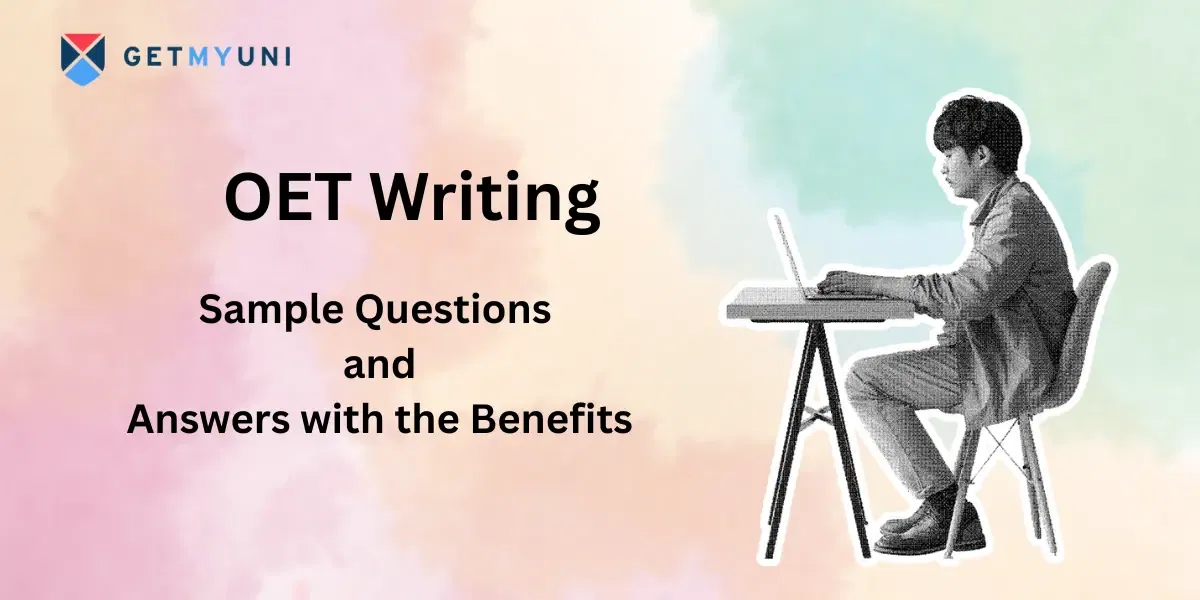




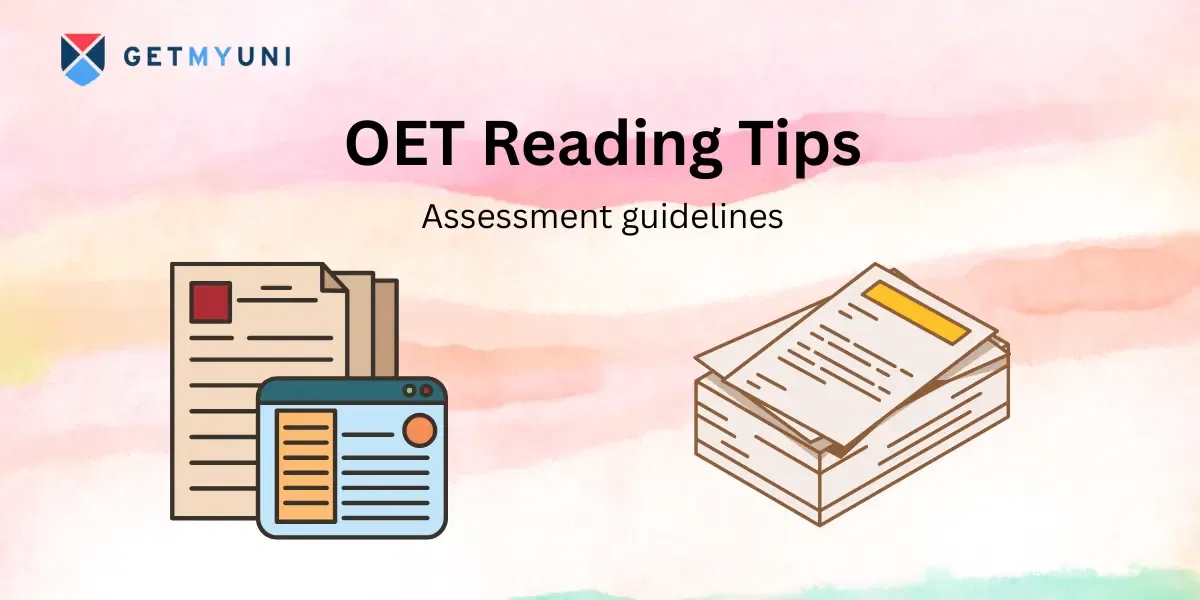


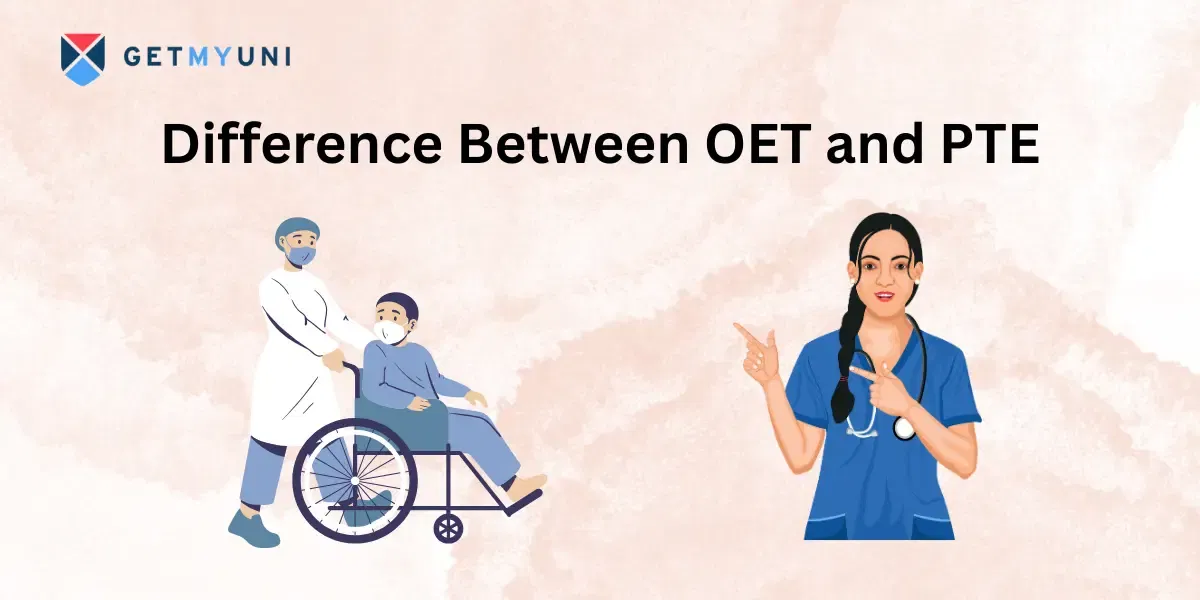



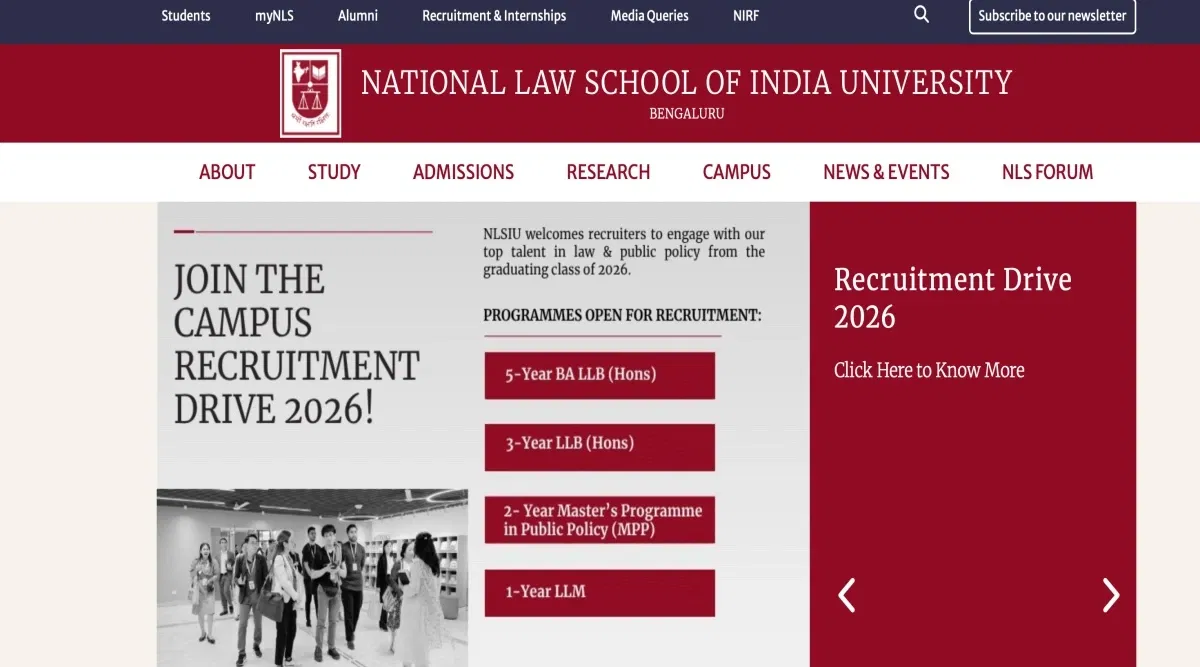




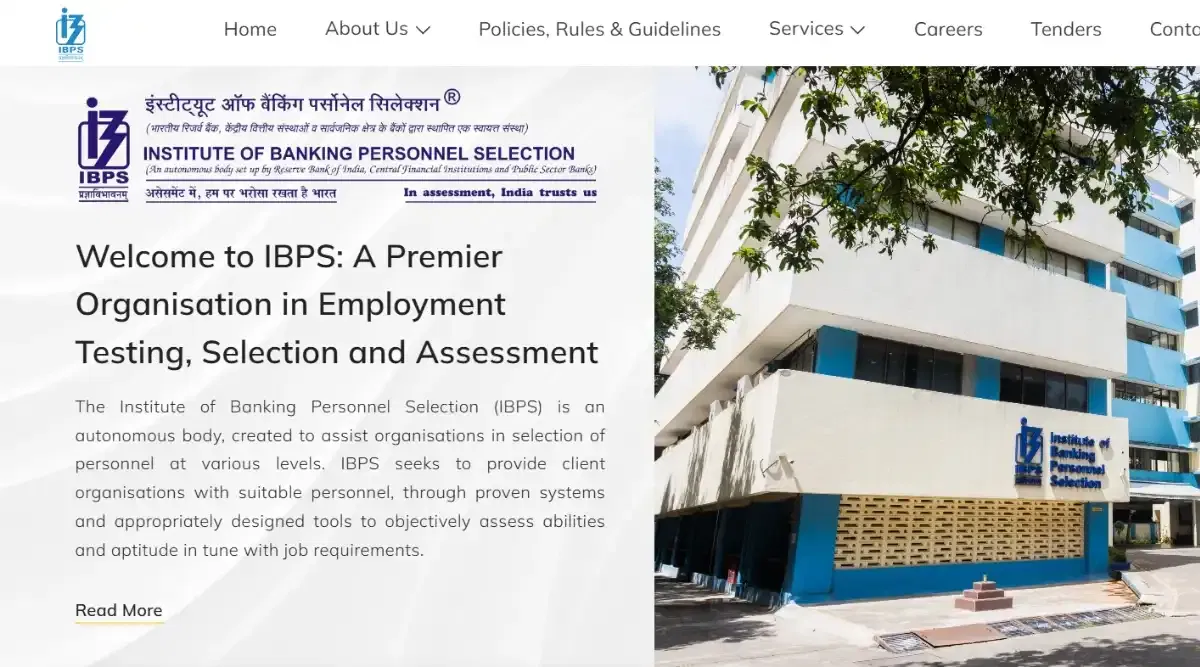



POST YOUR COMMENT